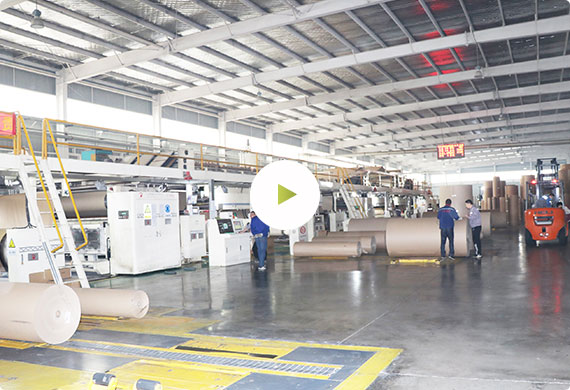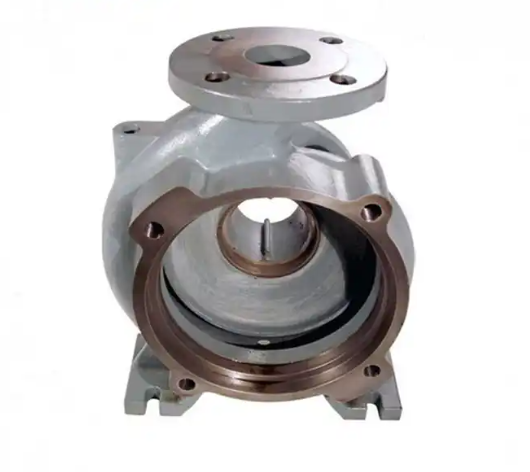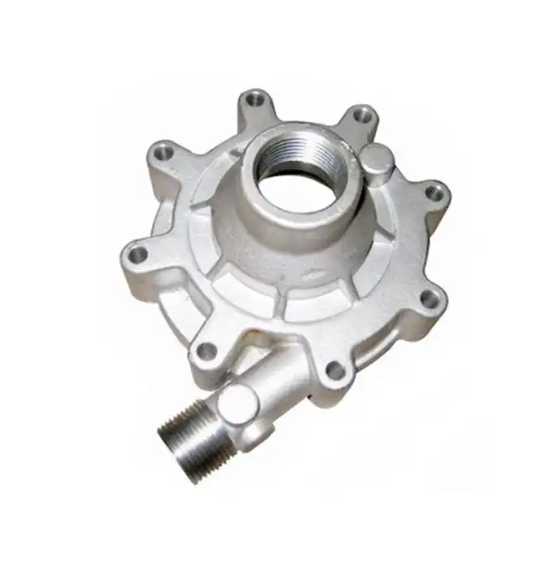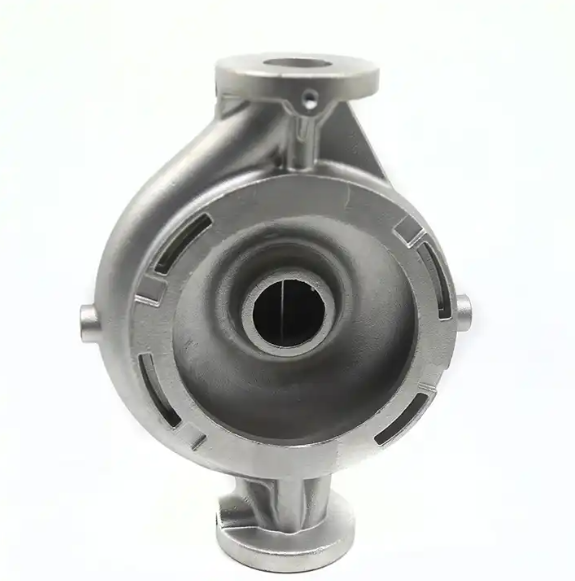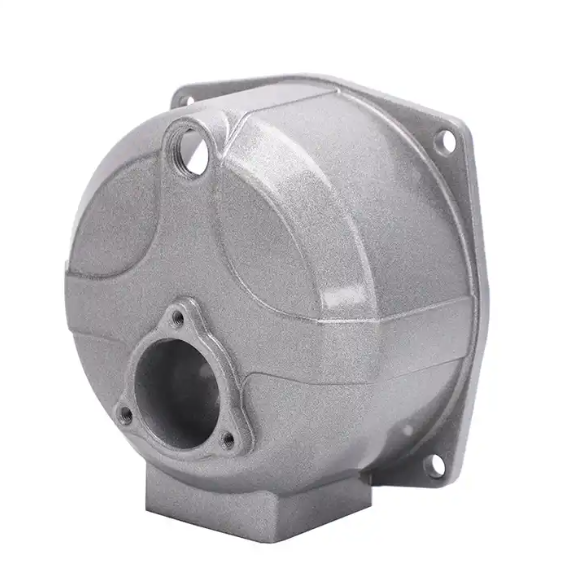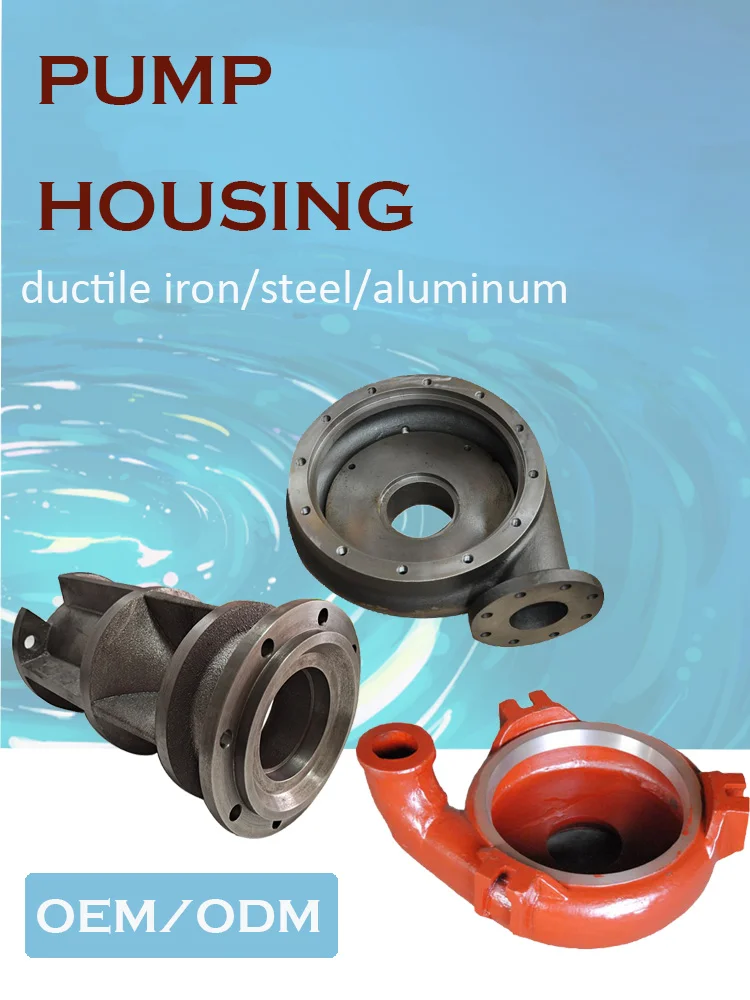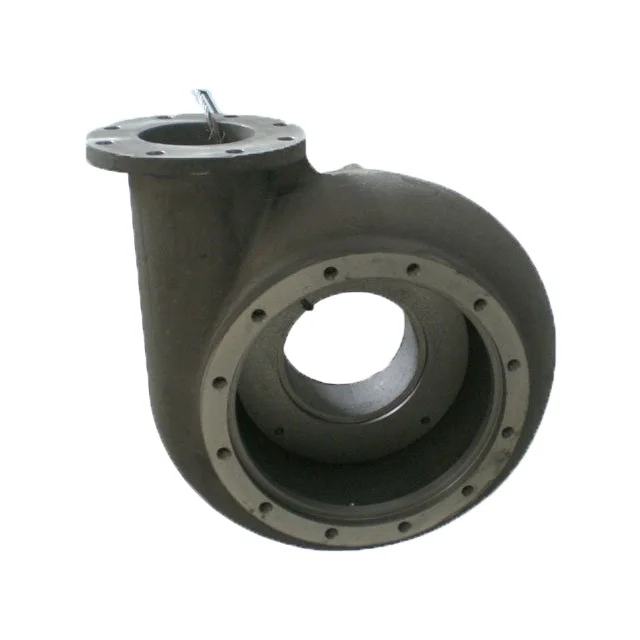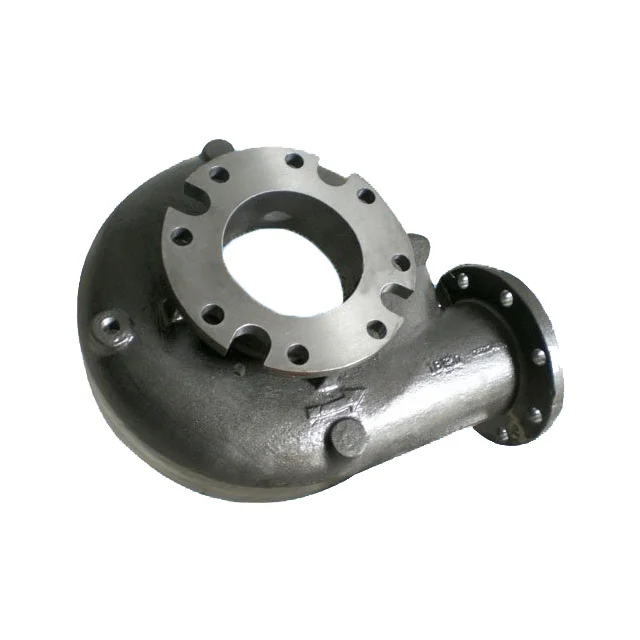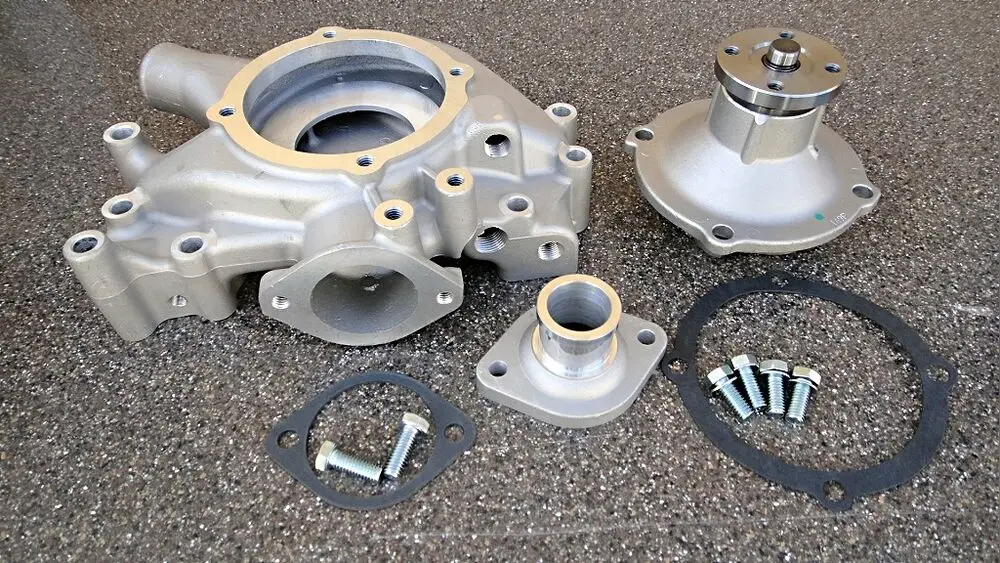Material selection plays a pivotal role in the manufacturing industry, influencing the properties and performance of the final product.
Among the plethora of materials available, ductile iron, steel, aluminum, and brass are frequently employed due to their unique characteristics.
Ductile iron, known for its high tensile strength and durability, is often chosen for applications requiring robust components.
Its ability to undergo significant deformation without breaking, a property known as ductility, makes it suitable for demanding conditions.
Steel, another stalwart in the industrial landscape, offers a balance of strength and formability.
Its versatility makes it a preferred choice for a wide range of applications, from construction to machinery.
Aluminum, prized for its lightweight nature and corrosion resistance, finds applications in industries where weight reduction is critical.
The material’s excellent conductivity also makes it a favorite in the electrical and automotive sectors.
Brass, a copper-zinc alloy, is valued for its attractive appearance and corrosion resistance. It is often used in decorative applications and components requiring an aesthetic touch.
The material selection is closely tied to the manufacturing process employed.
Sand casting, investment casting, and die casting are three prevalent methods that shape raw materials into finished products. Sand casting, a traditional technique, involves creating molds using sand.
It is suitable for producing large and complex parts. Investment casting, on the other hand, utilizes wax patterns that are invested in a ceramic shell and then melted away, leaving a cavity for the molten metal.
This process is ideal for intricate and detailed components.
Die casting, a high-pressure method, injects molten metal into steel molds, producing parts with tight tolerances and excellent surface finishes.
Once the primary manufacturing processes are completed, machining may be required to achieve precise dimensions and shapes.
Computer Numerical Control (CNC) machining is a highly automated and precise method that utilizes computer-controlled tools to remove material from a workpiece.
CNC machining ensures accuracy and repeatability, making it a preferred choice for achieving tight tolerances and intricate geometries.
In the realm of services offered, Original Equipment Manufacturer (OEM) and Original Design Manufacturer (ODM) customization stand out.
OEM customization involves producing components or products according to the specifications provided by the client.
ODM customization goes a step further, offering design and manufacturing services to create products based on the client’s concepts or requirements.
The finished surface of a product is a critical aspect influencing its aesthetics and functionality.
A smooth surface, bright color, stable structure, and long service life are often the desired characteristics.
Achieving this requires not only the right material and manufacturing processes but also meticulous attention to detail in finishing.
Quality control is paramount in ensuring that the end product meets the required standards.
Employing excellent testing equipment and implementing strict testing procedures guarantee that the products adhere to specifications.
Attention to internal details ensures that the overall quality remains impeccable, meeting the expectations of clients and end-users.
Choosing good materials is foundational to the entire manufacturing process. Materials that are resistant to rust and corrosion enhance the longevity and performance of the final product.
A commitment to selecting superior materials underscores dedication to quality and customer satisfaction, establishing a solid foundation for success in the competitive manufacturing landscape.
Pump Casting
A pump is a mechanical device that moves fluids (liquids, gases, slurries). Pump casting is a process where pump parts are designed and cast using various metals or metal alloys, providing enhanced strength and corrosion resistance for handling liquid substances.
We are one of the leading Pump Castings manufacturers and specialists in China. Our foundry is capable of producing a wide range of pump castings or cast pump parts. Many of these parts are exported to markets in the USA, Germany, Japan, India, and Pakistan.
The Cast Pump Parts We Offer
We offer a variety of pump parts, including cast pump bodies, pump housings, impeller castings, and pump mounting brackets. Additionally, we provide pump castings for industries such as oilfield, oil extraction and refining, petrochemicals, water treatment, solid waste treatment, concrete construction, and more.
We use a variety of metal materials based on customer requirements, such as heat-resistant stainless steel, cast ductile iron, grey iron, and other alloy steels. Our QC team, combined with the use of spectrometers, ensures accurate alloy compositions.
Pump Casting Production Processes:
Pumps come in many shapes and sizes, tailored for different applications. Whether for gas or liquid handling, high-pressure or low-pressure systems, large volumes or small volumes, pumps are categorized into different types like Water Pumps, Hydraulic Pumps, Vacuum Pumps, Trash Pumps, and Sump Pumps.
Depending on the pump type, we utilize various casting processes. Here are the main processes used in our factory:
- Lost Wax Casting:
Stainless steel investment castings for pump parts are best produced using the lost wax process. This method provides smooth surfaces and tight tolerances, much like valve castings, reducing machining work and achieving near-net shape castings. This saves time and cost by minimizing post-treatment and machining. - Aluminum Die Casting:
For parts with thin wall thickness requirements and aluminum alloy material, such as mounting brackets, aluminum die casting is an excellent choice. It delivers high strength and superior quality, making it ideal when wall thickness is critical. - Sand Casting:
If pump castings are made from iron or cast iron, sand casting is a more suitable method due to its low cost and good internal quality. However, compared to investment casting, it requires more machining allowance. Cast iron pumps, typically used for water transport, are common in this category, while stainless steel pumps are designed for handling corrosive media.
To enhance the mechanical properties, hardness, wear resistance, and strength of the castings, we apply quenching and tempering heat treatments.
Q & A About Our Pump Casting Foundry
- Are you a manufacturer or a trading company? Do you have your own factory?
- Can you produce castings based on our iron casting samples, or do we need to provide drawings?
- How do I mitigate the risk when I can’t see or touch the goods?
We offer Sino Insurance and third-party quality inspections for peace of mind.
We have established a quality management system in compliance with ISO 9001:2008, ensuring reliability and trustworthiness in our products.
Pump Casting Manufacturer
Hengke Casting is one of the top pump casting manufacturers in China, with our own dedicated pump casting foundry. Our experience and commitment to quality ensure that all pump parts are durable and reliable, providing excellent performance at low costs. Each pump part can be customized to your exact specifications. For inquiries on pump part castings and pricing, call us today at 00 86 186 546 72089 or email: hengkemetal@gmail.com

